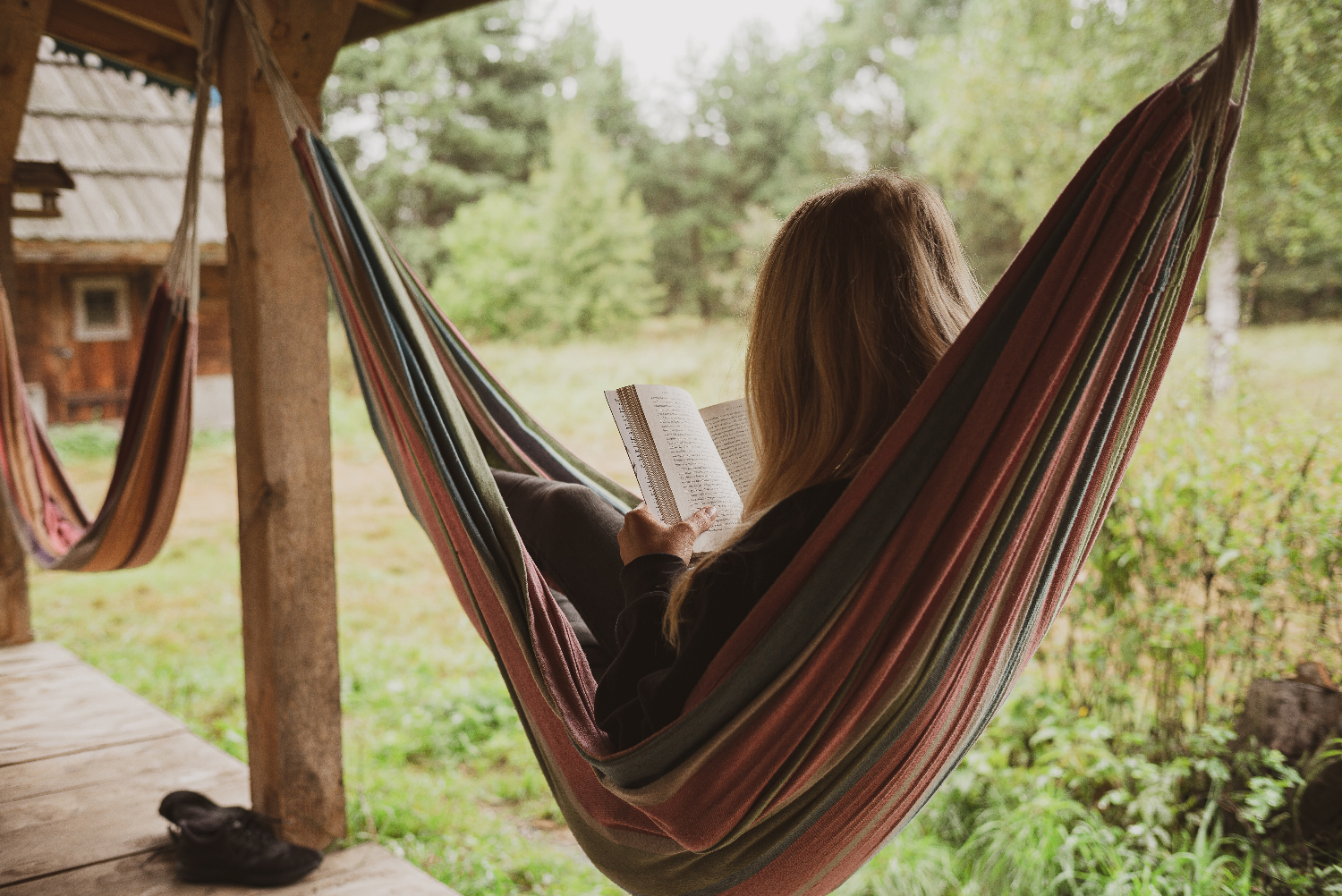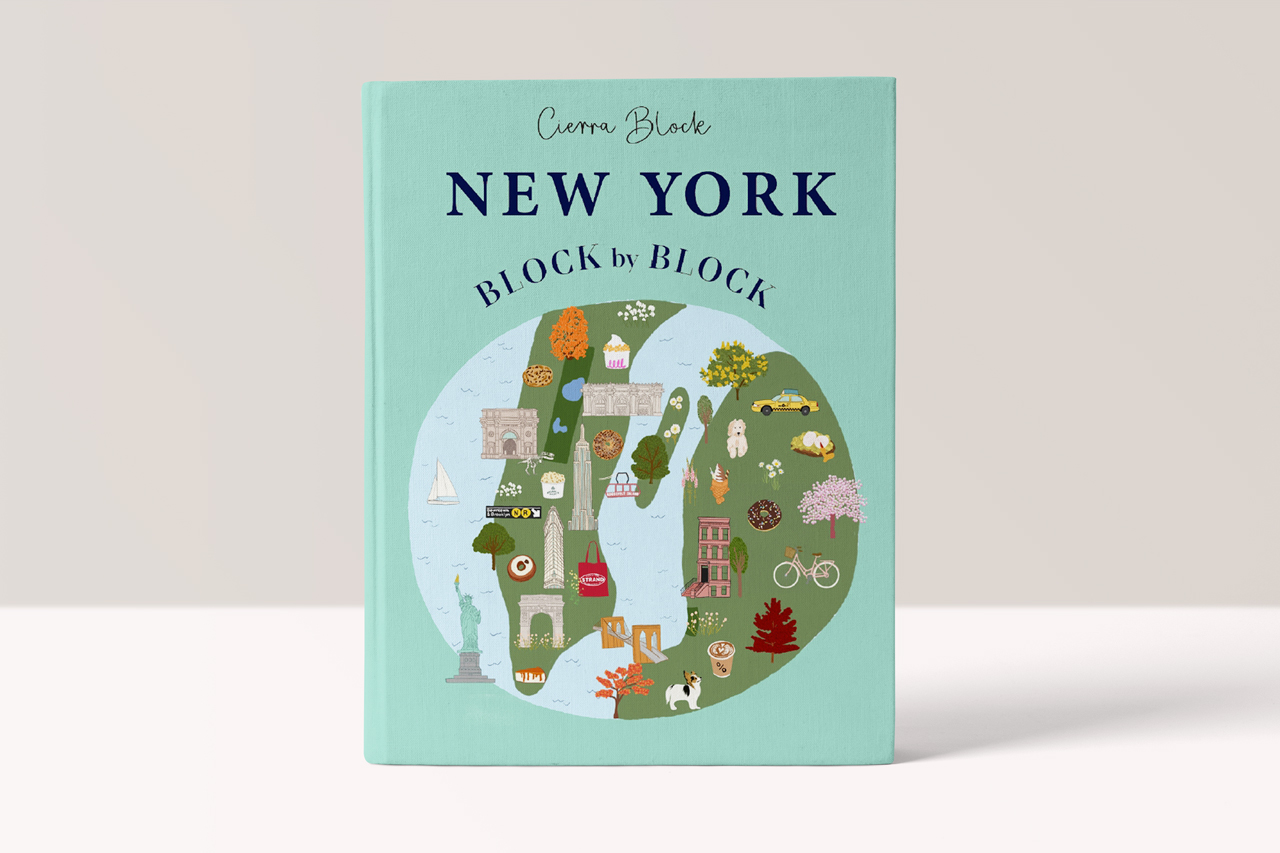How to Develop a Love of Learning

As we start a new year, there is a natural opportunity to make a fresh start. Not by making resolutions, but more by making promises to yourself, or as a group to each other.
One area to consider is learning, how we learn is often misunderstood, but creating time to learn, in the right environment can make the learning process much more successful.
They say school is wasted on the young, but learning is a lifelong experience, and much of it is based on being endlessly curious.
Whatever age you are, you are never too old to learn and in today’s world, there are so many opportunities to learn something new.
Fostering an inquiring mind is one of the most important things you can do for a child. It can sometimes be exhausting answering endless questions but that is how we learn; particularly if driven by curiosity and this is how many of the great inventions were discovered.
Young children, if encouraged, love to share facts, and even if we already know the answer encouraging them to share their embryonic knowledge can stimulate conversation and help them to develop a love of discovery.
Parents and grandparents can also discover new knowledge by encouraging children to talk about what they learnt at school, or as they get older helping them share their homework research. This can often lead to a discovery of fascinating facts that perhaps you were not particularly interested in when you were at school, but can lead to an interest in art, culture or travel as an adult.
Fostering natural aptitude in a subject can help them grow, adults often talk about how a teacher inspired them, but parents have a vital role to play too, in extending the curriculum by encouraging natural learning outside school. This is particularly true in sport, hobbies, and creative activities.
At a time when so much attention is focused on screens, exploring the outdoors, or cultural centres, or taking part in family activities from an early age encourages a natural curiosity.
In the colder months playing card games, sharing random facts, reading, storytelling, or doing crosswords together, having jigsaws left out for everyone to play, can make learning a part of every day not just for children, but also help adults to keep their minds active too.
Encouraging grandchildren to spend time with their grandparents, learning family history, or learning traditional skills like knitting, crochet, cookery, or gardening are the natural behaviours that if started young will often endure through generations.
In many areas where funding is limited we often hear the plea, ‘Use it, or lose it’ as so many of our local, regional, or national centres of discovery are struggling to survive. Making time to explore these centres together can often stimulate new interests. Or taking the opportunity to use our phones as a camera to capture memories rather than for games, or social media.



